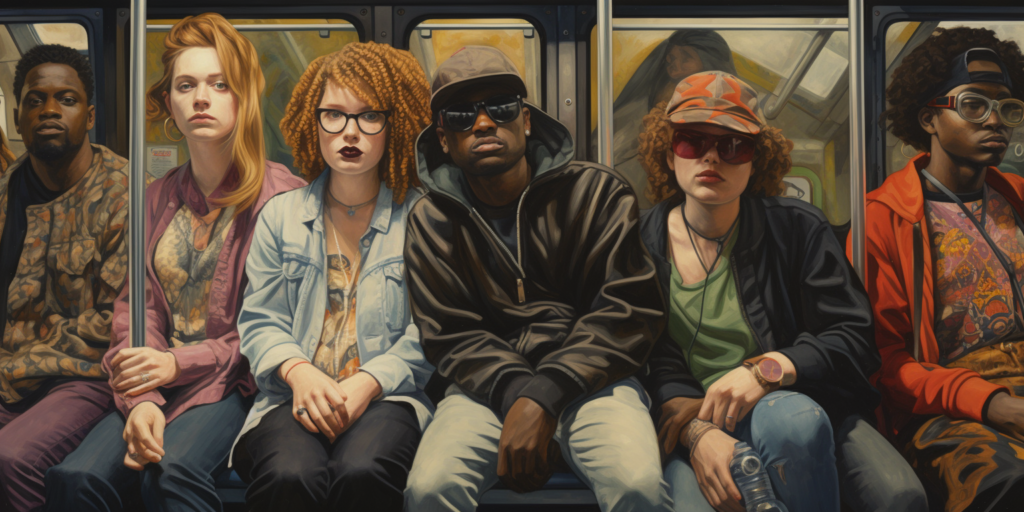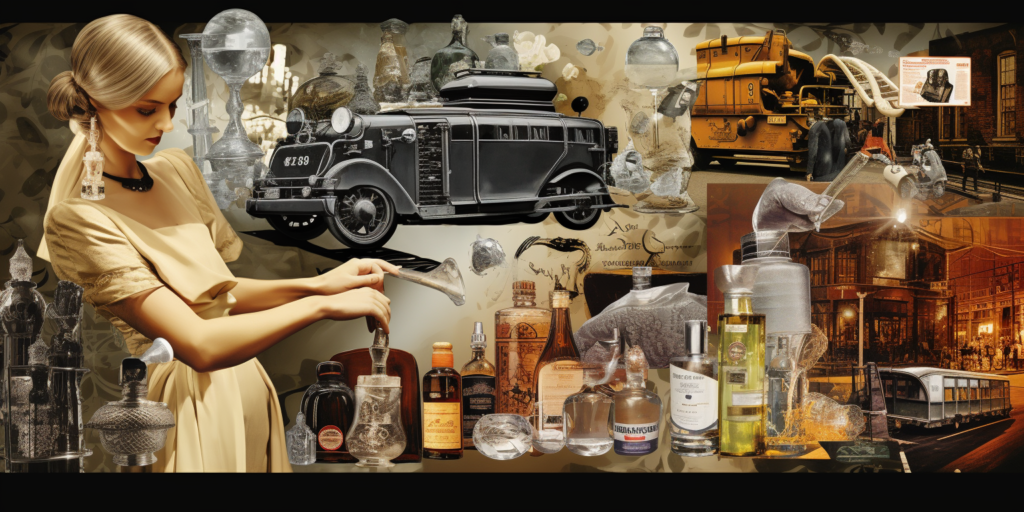Scent the invisible yet omnipresent force that has the power to transport us across time and space, to shape our identities, and to influence our interactions with the world and each other. If a picture is worth a thousand words, then a scent is worth a thousand emotions.
The Proustian Phenomenon: A Trip Down Memory Lane
Remember that time you caught a whiff of freshly baked cookies and were instantly transported back to your grandmother’s kitchen? That’s the Proustian phenomenon for you. Named after French writer Marcel Proust, who described the experience in his magnum opus, “In Search of Lost Time,” this phenomenon explains how scents can trigger vivid memories.
In the realm of neuroscience, this is no mere poetic fancy. The olfactory bulb, which processes smells, is part of the brain’s limbic system—an area closely associated with memory and emotion. Unlike other senses, which are routed through the thalamus, the olfactory system has a direct line to the emotional centers of the brain. This is why the smell of rain can evoke the complex emotions of a long-forgotten romance or why the scent of a particular cologne can bring back memories of a lost loved one.
The Scent of Attraction: More Than Just Pheromones
Ah, love is in the air—or should I say, the scent? While pheromones have long been touted as the chemical messengers of love, the reality is far more nuanced. Sure, pheromones play a role, but so do cultural factors, personal preferences, and even dietary habits.
For instance, a study found that women were more attracted to the scent of men whose diets were rich in fruits and vegetables. Another study revealed that people are more likely to be attracted to scents that are genetically dissimilar to their own, potentially as a way to ensure genetic diversity for offspring.
The Politics of Smell: Scent as Social Capital

Let’s get a bit controversial, shall we? Scent isn’t just personal; it’s political. From the perfumed courts of Versailles to the scent-free offices of Silicon Valley, what you smell like can say a lot about your social standing.
In many cultures, aromatic oils and incenses are not just luxuries but markers of status and respect. In others, the absence of scent is considered a sign of refinement. The politics of smell can even extend to social issues like immigration and discrimination. For example, the stigmatization of certain foods—and by extension, the people who eat them—because of their strong odors is a form of olfactory discrimination.
The Future of Fragrance: Scent Technology and Personalization
As we move into an increasingly digital age, even the world of scent is undergoing a transformation. From AI-generated perfumes to scent-emitting devices that can replicate the smell of the ocean in your living room, the future of fragrance is as exciting as it is unpredictable.
Companies like Scentbird and Phlur are revolutionizing the way we experience and purchase perfume, offering personalized scent profiles based on individual preferences and even moods. Imagine a world where your smart home not only knows when you’re arriving but also fills the room with your favorite scent as a welcome home gesture.
Conclusion: The Ineffable Essence

Scent is more than just a sensory experience; it’s a complex interplay of biology, culture, and individuality. It has the power to evoke memories, attract lovers, and even shape societies. As we continue to explore the frontiers of fragrance, one thing is clear: the world of scent is as boundless as our imagination.
So the next time you spritz that perfume or savor the aroma of a freshly brewed cup of coffee, take a moment to appreciate the incredible journey that scent has taken through the annals of human history—and the exciting paths it’s yet to tread.
Ah, the ineffable essence of being, captured in a single, fleeting whiff. Now, isn’t that something to sniff about?
